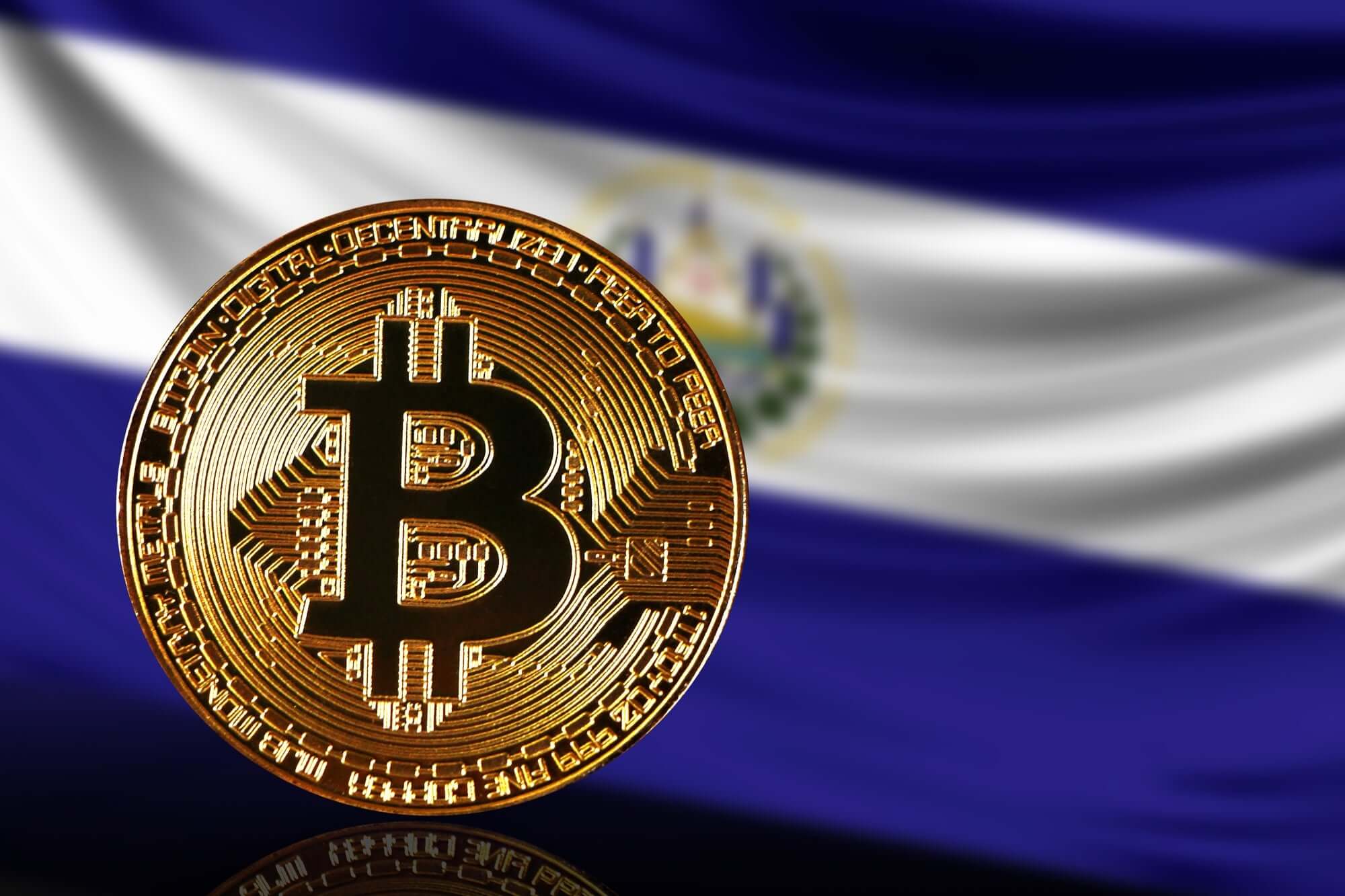El Salvador Defies IMF Again, Keeps Buying Bitcoin Despite Loan Conditions
28.05.2025 18:00 1 min. read Alexander Stefanov
El Salvador has secured a $120 million disbursement from the IMF as part of its $1.4 billion loan agreement, but only after agreeing to reduce direct government involvement in Bitcoin operations.
The country must cease using the state-run Chivo wallet by the end of July and maintain current Bitcoin holdings without further state purchases.
Despite these terms, President Nayib Bukele’s administration continues to quietly accumulate Bitcoin.
The country’s Bitcoin Office confirmed another recent purchase, bringing El Salvador’s total holdings to over 6,190 BTC. Bukele claims the national portfolio is now up 132%, with an unrealized gain of $386 million.
While the IMF reiterates caution, El Salvador presses on with its Bitcoin strategy — reportedly buying one BTC daily. Some speculate the government may be using third-party entities to stay technically within IMF guidelines while continuing to expand its crypto reserves.
This delicate balancing act underscores a growing friction between traditional finance rules and emerging digital asset policies.
-
1
Veteran Trader Peter Brandt Shares Simple Wealth Strategy with Bitcoin at Its Core
30.06.2025 15:00 2 min. read -
2
UniCredit to Launch Structured Product Tied to BlackRock’s Spot Bitcoin ETF
01.07.2025 17:53 1 min. read -
3
10,000 Dormant Bitcoin Moved After 14 Years: Volatility Ahead?
04.07.2025 20:00 2 min. read -
4
Second Largest Bank in Spain Rolls out in-app Bitcoin and Ethereum Trading
07.07.2025 15:30 2 min. read -
5
Saylor’s Strategy Halts Bitcoin Buying After Historic Accumulation
07.07.2025 17:00 2 min. read
U.S. Public Pension Giant Boosts Palantir and Strategy Holdings in Q2
According to a report by Barron’s, the Ohio Public Employees Retirement System (OPERS) made notable adjustments to its portfolio in Q2 2025, significantly increasing exposure to Palantir and Strategy while cutting back on Lyft.
Key Crypto Events to Watch in the Next Months
As crypto markets gain momentum heading into the second half of 2025, a series of pivotal regulatory and macroeconomic events are poised to shape sentiment, liquidity, and price action across the space.
Here is Why Stablecoins Are Booming, According to Tether CEO
In a recent interview with Bankless, Tether CEO Paolo Ardoino shed light on the growing adoption of stablecoins like USDT, linking their rise to global economic instability and shifting generational dynamics.
U.S. Dollar Comes Onchain as GENIUS Act Ushers in Digital Era
In a statement that marks a major policy shift, U.S. Treasury Secretary Scott Bessent confirmed that blockchain technologies will play a central role in the future of American payments, with the U.S. dollar officially moving “onchain.”
-
1
Veteran Trader Peter Brandt Shares Simple Wealth Strategy with Bitcoin at Its Core
30.06.2025 15:00 2 min. read -
2
UniCredit to Launch Structured Product Tied to BlackRock’s Spot Bitcoin ETF
01.07.2025 17:53 1 min. read -
3
10,000 Dormant Bitcoin Moved After 14 Years: Volatility Ahead?
04.07.2025 20:00 2 min. read -
4
Second Largest Bank in Spain Rolls out in-app Bitcoin and Ethereum Trading
07.07.2025 15:30 2 min. read -
5
Saylor’s Strategy Halts Bitcoin Buying After Historic Accumulation
07.07.2025 17:00 2 min. read


